Shifting Geographies of Expertise and Policymaking
The Shifting Geographies of Expertise and Policymaking is our newest fellowship and international research seminar. This program, which will be held in the 2021-22 academic year, brings together a cohort of 12 scholars and practitioners from India, China, and elsewhere. Research topics cover a wide range of issues, including energy, public health, education, housing, pandemic policy responses, rural and urban development, and others.
Visiting Scholars
The India China Institute hosts a number of distinguished visiting scholars from India and China to support the scholars’ academic advancement, and contribute to the intellectual discourse at the Institute through their public engagement.
The Visiting Scholars program was funded by a generous gift from The Starr Foundation.
Past Visiting Scholars
Post Docs
Past Postdoctoral Fellows
China India Scholar-Leaders
The China India Scholar-Leaders Initiative is made possible by a generous grant from Ford Foundation. It allows two cohorts of a two-year fellowship to support 16 promising, young scholar-leaders who use interdisciplinary research methods to grapple with complex questions related to prosperity and inequality in India and China, and who want to expand their knowledge and research capacities in this area. It seeks to foster the emerging field of India China Studies by supporting a new generation of Scholar-Leaders who are committed to producing critical new research, teaching, and course development. This collaborative initiative involves partnerships with select scholars and institutions, including Jawaharlal Nehru University and the Centre for Policy Research in India, the National Development School at Peking University in China, and the Global Studies program at The New School. Fellows will have the opportunity to engage in a transboundary and interdisciplinary collaboration and conduct field work in India and China to advance their research projects. This program was made possible by a generous grant from the Ford Foundation.
2018-2020
2017-2019
India China Leadership Fellows
The centerpiece of ICI is the India China Leaders Program, which aims to create an international community of experts and scholars committed to a critical, multidisciplinary approach to examining the reemergence of India and China onto the world stage. The program serves as a cornerstone of research, exchange, and collaboration among experts from The New School, India, and China. Since 2006, three cohorts of fellows have addressed challenging issues in three thematic areas: Urbanization and Globalization, Prosperity and Inequality, and Social Innovation for Sustainable Environments. The goal of these two-year residencies is to generate collaboratively produced policy papers and ongoing intellectual exchange.
ICI offered two-year fellowships to academics, entrepreneurs, policy experts, politicians, artists, and journalists through a generous gift from The Starr Foundation. Six years and three rounds of fellowships later, the program has grown to include 37 fellows, representing over 15 academic disciplines and fields of expertise.
Prosperity and Inequality, 2008-2010
Urbanization and Globalization, 2006-2008
Emerging Scholars
The Emerging Scholars program draws on The New School’s tradition of fostering and enhancing knowledge-sharing across disciplines and amongst scholars in different stages of their careers. This unique initiative is designed to provide a platform for both advanced level graduate students in professional fields as well as current PhD scholars and those who received their PhD within the last five years, to present and receive feedback on their ongoing research and to discuss recent advances and new trends in research on India and China.
The Emerging Scholars program was funded by a generous gift from The Starr Foundation.
2015
Jingfeng Li, Assistant Researcher, Sichuan Academy of Social Sciences
Joe Thomas Krackattu, Assistant Professor, China Studies Centre Indian Institute of Technology (IIT) Madras
Amen Jaffer, Assistant Professor, Sociology, Forman Christian College, Lahore
Yang Lu, Lecturer, Heidelberg University
Marina Kaneti, PhD Candidate, Politics, The New School for Social Research
Yuan Zhang, Research Fellow, Sanskrit Centre of Institute of Foreign Literature, China Academy of Social Sciences
Barnali Chanda, Research Fellow, Department of Comparative Literature, Jadavpur University, Kolkatta
2014

HUANG Yinghong
Assistant Professor, School of Asia-Pacific Studies
Sun Yat-sen University
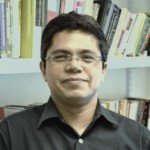
Prakash Kashwan
Assistant Professor, Political Science
University of Connecticut

Uttam Lal
Assistant Professor, Geography & Natural Resources Management
Sikkim University, India

Nirmola Sharma
Doctoral Candidate, East Asian Studies
University of Delhi
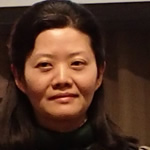
SU Ying
PhD Candidate, Institute of International Studies
Yunnan University

Min YE
Assistant Professor, International Relations
Boston University

YU Zheng
Assistant Professor, Political Science
University of Connecticut
2013

Shahana Chattaraj
Post-doctoral Fellow, The Lauder Institute
University of Pennsylvania

Anil Kumar
Doctoral Candidate, East Asian Studies
University of Delhi

Dhriti Roy
Assistant Professor, Asian Languages
Sikkim University

XIN Zhang
Faculty Fellow
School of Advanced International and Area Studies
East China Normal University

YAN Yifei
Erasmus Mundus student, European Master in law and Economics
Indira Gandhi Institute of Development Research, Mumbai

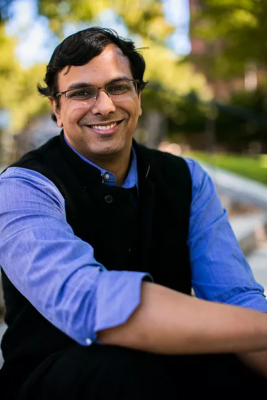
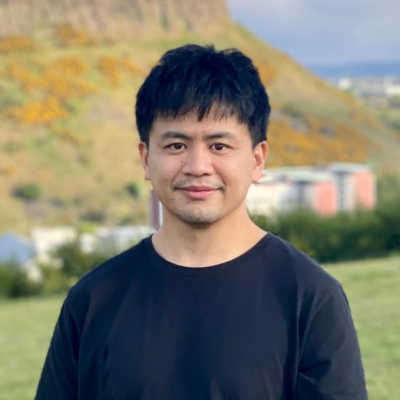
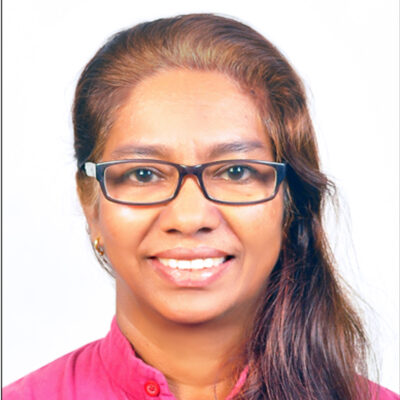


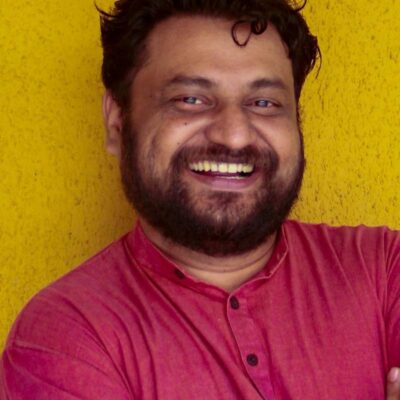
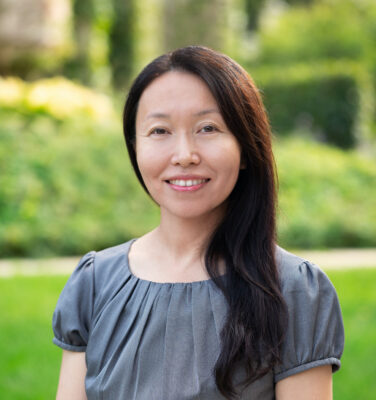
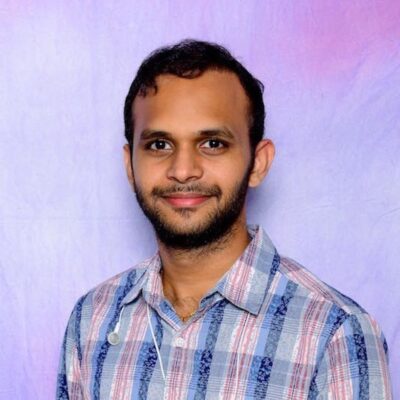
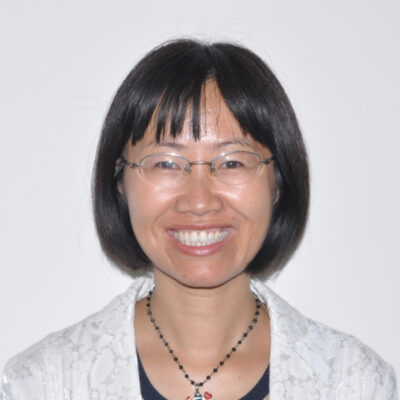
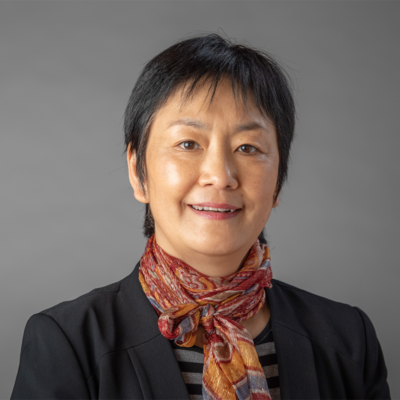




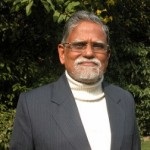

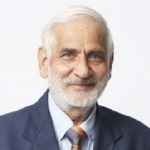




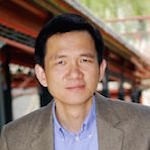
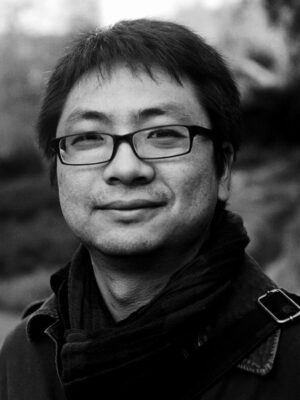

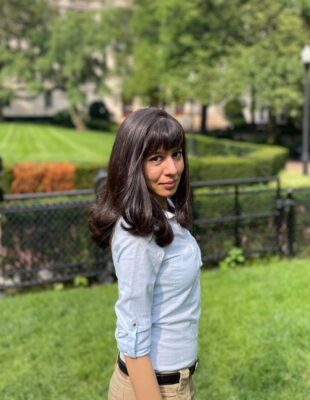
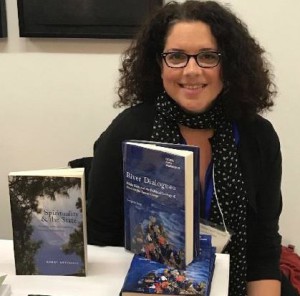



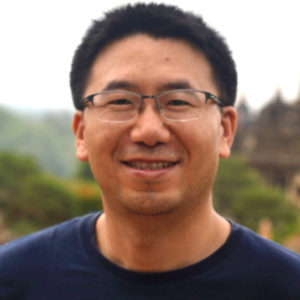

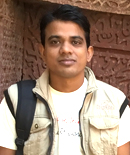



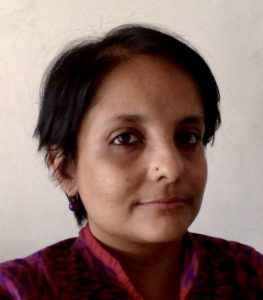

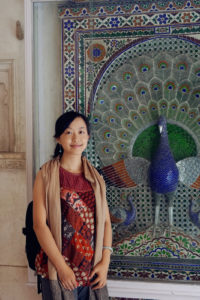

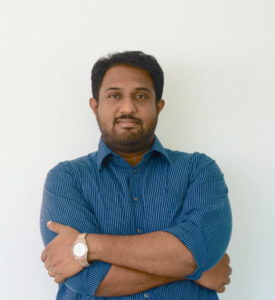
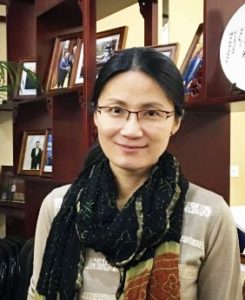
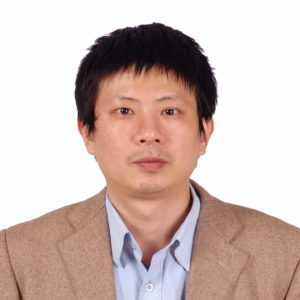
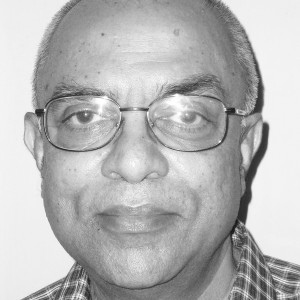




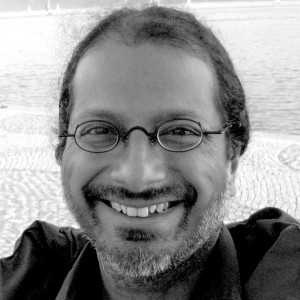






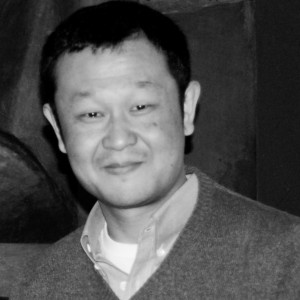
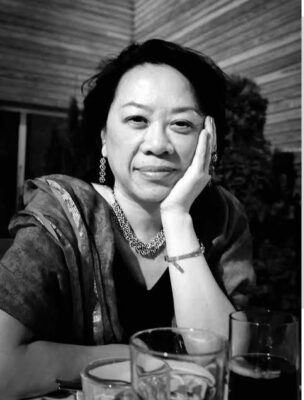









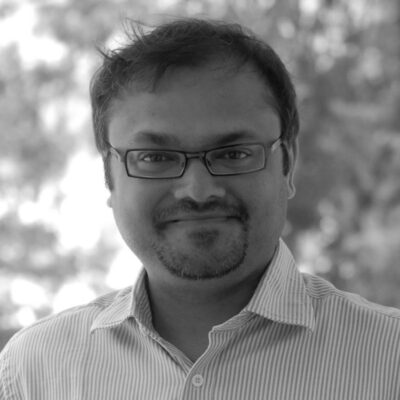


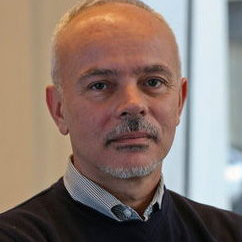






Social Innovation for Sustainable Environments, 2010-2013